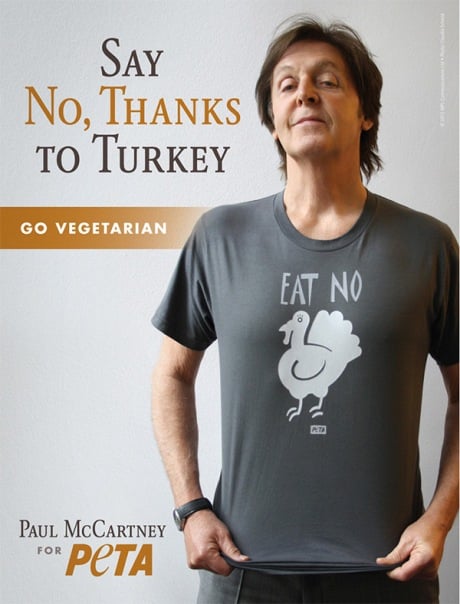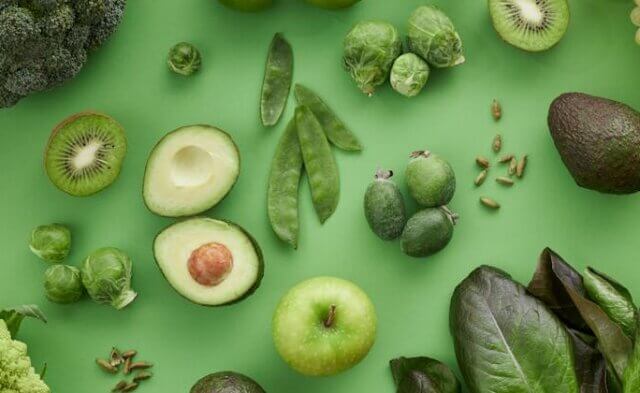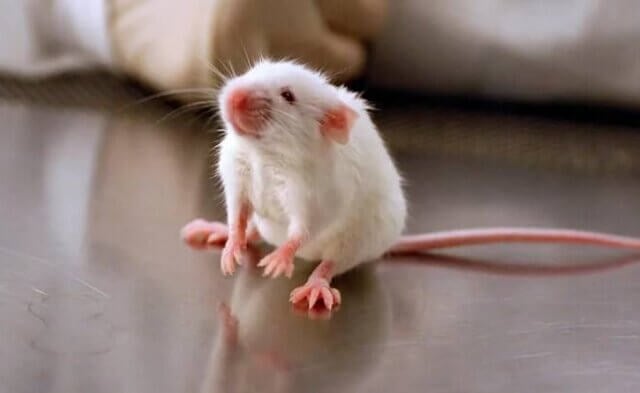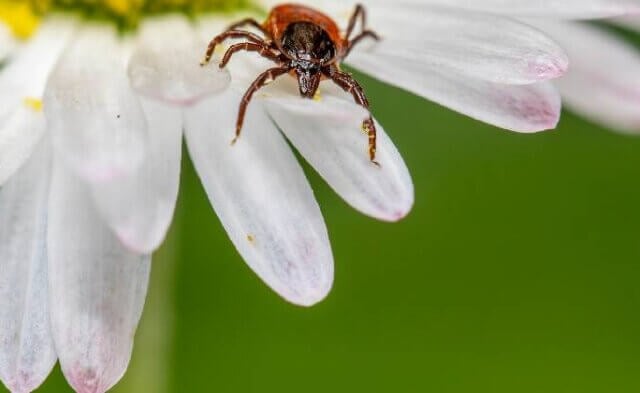If it’s OK to be happy about who won’t be there this year when the clan gets together for Thanksgiving, then I’m happy. Really happy.
We’ll once again dig into a festive, flavorful dinner with all the fixin’s, and no one’s going to push away from the table hungry. But for the first time, turkey won’t be on our menu. After masquerading as a vegetarian for some time—my rickety resolve always dissolved at this time of year—I recently went all in and committed to going vegan.
Thanksgiving, in my book, tops the holiday list. It’s about family, grace and, especially, compassion. So why celebrate it by tearing into the flesh of another being?
Did you know that turkeys will sit for hours to have their feathers stroked? Or that they’re gentle by nature but will also protect their friends? They’re intelligent, too, and, like our cats and dogs, are playful individuals with unique personalities. Wild turkeys, who live for about 10 years, can fly 55 miles per hour and like to roost in oak and pine trees.
Most of the 45 million turkeys who will be slaughtered for Thanksgiving this year get to enjoy none of these simple pleasures. They are hatched in incubators, not by their mothers, and, at a few weeks old, are crammed by the thousands into filthy, windowless sheds. To prevent them from hurting each other in these stressful conditions, parts of their beaks and toes are cut off, without the use of any painkillers. They’re bred to gain a lot of weight very rapidly—so much that many experience organ failure and heart attacks. They can’t fly, and many can’t even walk because their legs can’t support all that unnatural weight.
When they’re 3 to 5 months old, turkeys raised for their flesh are violently stuffed into crates and trucked to slaughterhouses, where they are shackled upside-down, have their throats cut and are dunked into tanks of scalding-hot water—often while still conscious.
I’m certain I’ll enjoy Thanksgiving more without having any of that cruelty on my conscience.
And I’ll feel good, too, knowing that my choice is the greener one. A sweeping U.N. study singled out animal agriculture as being largely responsible for 19 percent of global greenhouse-gas emissions, 38 percent of land use and 70 percent of freshwater consumption. The tons of waste produced by factory farms have contaminated groundwater, lakes and rivers.
And here’s the (vegan) icing on the cake: My family will tuck into Thanksgiving dinner without worrying about the health issues, among them heart disease and cancer, that have been linked to eating meat, eggs and dairy products. Vegan foods are cholesterol-free, usually low in saturated fats and high in fiber, protein, complex carbohydrates and cancer-fighting phytochemicals.
I’ve only been vegan for a few months, but the early returns look good. My blood pressure is 112/58, lower than the 120/80 favored by the National Institutes of Health. My cholesterol is down, too. Pretty soon, I’ll need to buy new pants. Goodbye, size 36. Hello, size 34!
I’ve even been sleeping better. While I can’t say with scientific certainty that going vegan is the reason, I do know there’s a rock-solid connection between a clear conscience and the choice I’ve made—that no animal will ever again suffer to fill my plate.
I couldn’t be more thankful.





